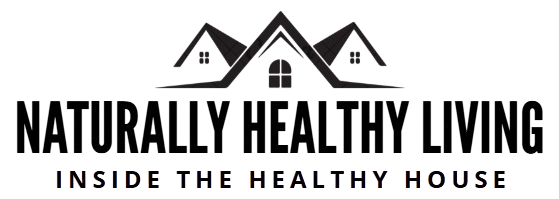
Homeownership is a tapestry of joys and responsibilities. From routine upkeep to unexpected repairs, maintaining a home demands a blend of vigilance and trust in those who bring expertise to your doorstep. Enter licensed home service providers—the unsung heroes who transform chaos into order with their certified skills. This article delves into why these professionals are indispensable, how to identify them, and the pitfalls of neglecting their value.
Understanding Licensed Home Service Providers
Licensed home service providers are individuals or companies credentialed by regulatory bodies to perform specialized tasks in residential settings. These include plumbing, electrical work, HVAC maintenance, roofing, and landscaping, among others. Licensing isn’t merely bureaucratic red tape; it’s a testament to rigorous training, adherence to safety protocols, and compliance with jurisdictional mandates.
Imagine your air conditioning failing on a sweltering summer day. A licensed HVAC technician arrives, diagnoses a refrigerant leak, and repairs it using industry-approved methods. Contrast this with an unlicensed individual who might patch the issue temporarily, risking system failure or even hazardous chemical exposure. The distinction is clear: licensing isn’t optional—it’s imperative.
The Anatomy of Licensing: More Than a Rubber Stamp
Licensing processes vary by trade and region but universally involve:
- Education and Apprenticeships: Mastery through structured learning and hands-on experience.
- Examinations: Rigorous testing to validate technical and safety knowledge.
- Insurance Requirements: Proof of liability coverage to protect homeowners from accidents.
- Continuing Education: Staying updated on evolving codes and technologies.
For instance, a licensed electrician must understand National Electrical Code revisions, ensuring your home’s wiring meets modern safety standards. This multilayered vetting process separates qualified professionals from amateurs.
The Benefits of Hiring Licensed Home Service Providers
1. Safety First
Unlicensed workers may cut corners to reduce costs, jeopardizing your home’s safety. A licensed plumber, however, knows how to install gas lines without risking leaks or explosions. Their work aligns with building codes designed to prevent disasters.
2. Quality Assurance
Licensing boards often mandate warranties or guarantees, giving homeowners recourse for subpar artistry. A licensed roofer might offer a 10-year warranty on materials, whereas an unlicensed counterpart could vanish post-repair.
3. Legal and Financial Protection
Hiring unlicensed providers can void insurance claims or lead to fines if local ordinances require licensing. Imagine a DIY bathroom renovation causing water damage—only to discover your insurer denies the claim because the work wasn’t permitted. Licensed home service providers mitigate such litigious entanglements.
4. Time and Cost Efficiency
While unlicensed services may seem cheaper upfront, their mistakes often necessitate costly do-overs. A licensed contractor completes projects correctly the first time, saving you money and frustration.
How to Verify a Licensed Home Service Provider
1. Check Credentials Online
Most states and municipalities have online databases where you can validate licenses. Search for the provider’s name or license number to confirm its status and any disciplinary history.
2. Request Proof of Insurance
Legitimate professionals carry general liability and workers’ compensation insurance. Don’t hesitate to ask for certificates—this protects you from liability if accidents occur on your property.
3. Read Reviews and Testimonials
Platforms like Google My Business, Yelp, and Angi offer insights into a provider’s reliability. Look for patterns in feedback, such as punctuality or attention to detail.
4. Ask for References
A confident licensed home service provider will gladly share past clients’ contact information. Speaking directly to these references can reveal consistency in quality and professionalism.
The Hidden Costs of Unlicensed Providers
Opting for unlicensed services is a gamble with high stakes. Consider these scenarios:
- A handyman installs a water heater without permits, leading to code violations during a future home sale.
- An unlicensed landscaper damages underground utility lines, resulting in repair bills exceeding initial savings.
- A freelance painter uses toxic materials, compromising indoor air quality and triggering health issues.
These examples underscore the fiscal and emotional toll of bypassing licensed home service providers.
Conclusion: Investing in Excellence
Your home is more than four walls—it’s a sanctuary, an investment, and a legacy. Entrusting its care to licensed home service providers isn’t just prudent; it’s a declaration of respect for the space you cherish. By prioritizing licensing, you safeguard your family’s well-being, enhance property value, and contribute to a culture of accountability in the trades.
In a world where shortcuts abound, choosing licensure is a radical act of care. Let your home be a testament to standards that matter.


